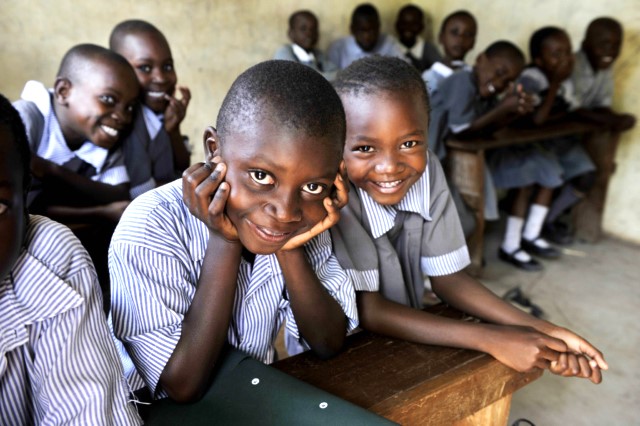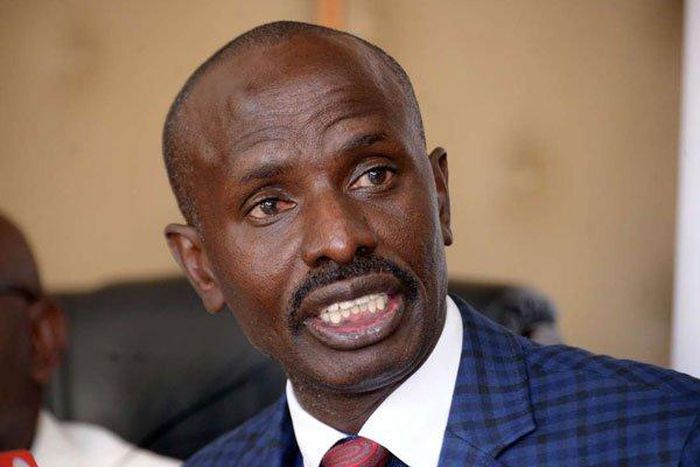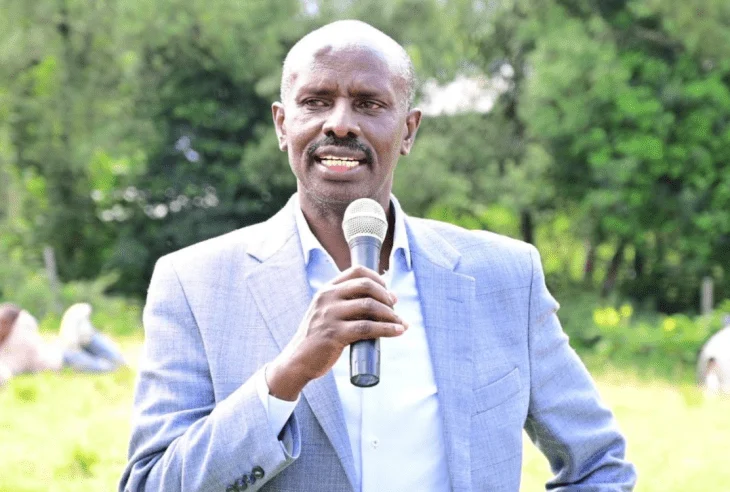The recent decision by President Donald Trump to sever funding under the USAID programme has sparked widespread criticism from beneficiary countries across the globe.
Sub-Saharan Africa, one of the major recipients, faces the greatest uncertainty as many affected projects and programmes now grapple with unprecedented challenges.
Nelson Mandela, a beacon of hope for a brighter African future, once remarked that education is the greatest weapon—when positively utilized, it can change the world for the better. Indeed, education remains the ultimate equalizer, reducing inequality and creating opportunities.
The so-called developed countries have long recognised this truth, investing heavily in education and technology to secure their places in the world.
One defining feature of African economies is their perennial dependency on foreign aid, which often comes with stringent conditions. Self-reliance, on the other hand, is the quality of depending on oneself to meet needs, instead of relying on external support. Dependency arises when we fail to fulfill our needs and seek partners to shoulder the burden of what we cannot manage on our own.
READ ALSO:
Since independence, African education systems have done little to free us from this dependency and encourage self-reliance. It was both sobering and reprimanding when President Trump questioned how African nations continue to rely on foreign aid 50-60 years after gaining independence.
Despite advancements in education, foreign dependency remains a significant part of national budgets and policy papers.
This is why I believe that the principle of self-reliance should be embedded as a core component in our educational systems. If introduced at an early stage, it can instill a mindset that drives behavior change. In classrooms, learners will understand the limits of dependency and the dangers of over-relying on external support, which can destroy self-worth and breed laziness.
One might argue that the Competency-Based Curriculum (CBC) promotes cooperation, which appears to oppose this notion.
However, cooperation, while vital, does not contradict self-reliance. Cooperation means working together toward a common goal, but self-reliance is about developing individual strength and confidence, a trait that can coexist with collective efforts.
By teaching self-reliance from a young age, we can nurture a more confident and resilient generation.
This shift will cultivate a responsive citizenry that can use available resources effectively for the collective good, breaking free from the shackles of dependency.
By Kaptich Tarus
You can also follow our social media pages on Twitter: Education News KE and Facebook: Education News Newspaper for timely updates.
>>> Click here to stay up-to-date with trending regional stories
>>> Click here to read more informed opinions on the country’s education landscape
>>> Click here to stay ahead with the latest national news.






